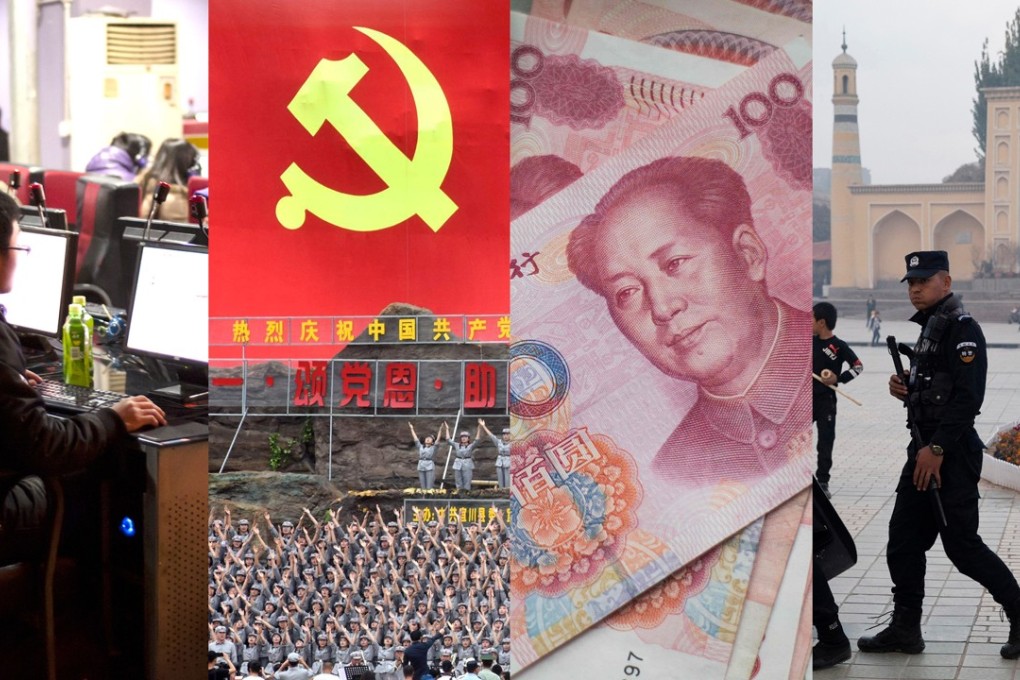Overseas social scientists ‘face real repression’ during research in China
Academics denied visas and access to archives as they conduct fieldwork in the country, international survey finds

About 10 per cent of overseas social scientists during research in China have been pressured by the authorities not to investigate sensitive issues over the last decade, according to a report by two US-based academics.
The authors surveyed more than 560 China specialists working for institutions in various countries and regions and found that one in 10 of the respondents had been “invited to have tea” with Chinese police or security personnel to discuss or for warning about their area of study in the last 10 years.
“[Such] repressive research experiences are a rare but real phenomenon, and collectively present a barrier to the conduct of research in China,” the report said.
In addition, about a quarter of the respondents involved in archival research reported being denied access to documents, and 5 per cent report difficulties obtaining a visa.
The survey offers “the first systematic data on the frequency with which China scholars encounter repressive actions by the Chinese government”, according to the report’s authors, Sheena Chestnut Greitens, an assistant professor of political science at the University of Missouri, and Rory Truex, an assistant professor of politics and international affairs at Princeton University.